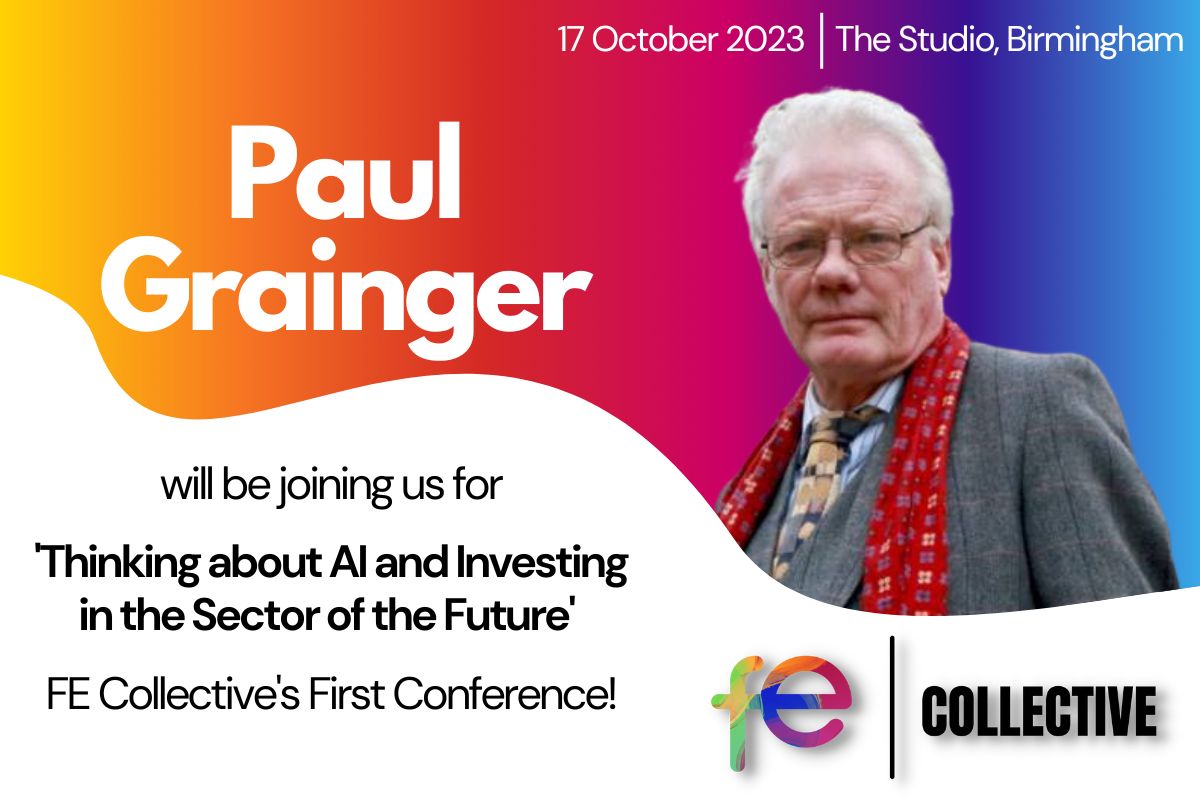Micro-credentials: their role in the economy and lifelong learning

The disruption brought about by the pandemic has challenged the received view of the nature and purpose of qualifications. Flexibility and adaptability were required for both the learner and the economy. Micro-credentials offer one solution.
To thrive, an economy needs skills. How far skills are reflected in a country’s qualification structure is a historical and cultural matter. Frequently the link between the two is disappointing. Qualifications play a complex role in society – distributing status, limiting access to scarce HE provision, simplifying short listing procedures. But whether they do any economic good is more debatable.
This was neatly demonstrated in 2020, when the UK Government attempted to compensate for COVID related learning-time by diluting the A level syllabus and introducing an algorithm to ensure a conventional demographic profile for university admission. No mention of an individual’s knowledge or skills – the A level was starkly revealed as an agent of social allocation. In contrast, vocational qualifications, in particular licence to practice courses, could not be trimmed. That would be dangerous. As a result assessments backed up in colleges during the lock down.
Qualifications are valuable but variable
In general qualifications, particularly vocational qualifications, are valuable things, much to be treasured by their possessor. How much good they do is variable. In what was is the content determined, how current are the skills, how does it integrate with economic activity? A further problem is how much learning is unnecessarily repeated to meet the formalities of the assessment process.
Many of the vocational awarding bodies of the UK are the envy of the world, but they can be inflexible, needing due time for accreditation, and not always acknowledging existing learning and competence. Again, COVID helped emphasize the lack of flexibility. Many industries (distribution, catering) downsized rapidly, while others (IT, communications and, later, HGV) experienced staff shortages. Those moving between sectors needed rapid training in certain skills, but others, generally soft skills, were easily transferable, but were not necessarily recognized.
The micro-credential can focus on the new set of skills. In the ideal world there is no need to revisit established skills. Both the individual and the economy benefit from such flexibility. The micro-credential draws upon relevant parts of an existing course and the professional expertise of those who deliver the course, both qualified lecturers and industrial experts.
There are, at present, attempts to formalize, and so undermine, the spirit of micro-credentials. Towards the end of the pandemic, I was invited to a city-wide meeting of universities to develop micro-credentials to help support the changing city economy. Sadly there was no talk of employers’ needs of learners’ competencies. The discussion kept reverting to the value of ‘units’, and who would accept whose accreditation, wrapping the whole concept up in the bureaucracy of the assessment establishment.
Micro-credentials will never replace formal vocational qualifications
Of course, micro-credentials will never replace carefully thought through, formal vocational qualifications. But they can meet both an economic and personal need, particularly at times of crisis or rapid change.
Their validity lies not in the established excellence of the vocational awarding bodies, but in the local and regional reputations of the delivering organization, mainly FE Colleges and Universities. Micro-credentials need to be local, flexible, employment related and delivered by competent, locally recognized professionals. The formal stuff can always come later.
Enjoyed this article.. well hear and work with Paul at the FE Collective
What is the FE Collective?
The FE Collective is a flipped conference, where the audience will work together to tackle some of the biggest challenges in the FE and Skills sector. To collectively share ideas, visions and solutions for the system of the future.
This is an outcome-driven gathering of thought leaders and influencers, working together to come up with a collaborative report.
Find out more about the FE Collective, check out the agenda and get your tickets down below!













Responses